I see a turn-off, a dirt road. It’s been miles and miles since we passed any lights, any indication that anyone else is driving this stretch of earth, except for us. Any indication that there is anyone on this earth, except for us. I pull off onto the dirt road, more on a whim than anything, and twist the key. The headlights die.
We both open the doors, in pitch darkness, and look up.
Stars. Countless, gleaming, glistening, winking, shining stars. More than I’ve ever seen in my life. The heaven’s ablaze with them, the sky so thickly riddled it seems more a bank of fog than a crystal-clear midnight.
“I’ve been to 49 states, over 30 countries, camped in most of them, and I’ve never seen stars like this.” Billy says into the darkness.
We stand there for minutes, in silence, gazing up at the heavens. Everywhere, the lights dazzle.
Orion’s belt, blazing, defying an inverted Taurus the Bull.
The Pleiades—I never knew there were so many of them.
The milky way, a massive, phosphorescent ship’s wake upon an endless ocean.
“That was pretty special.” Billy says, simply, a few minutes later, back on the road.
Australian BBQ
“So, as a professional chef, I’m curious, what do you think about when you taste something new?”
“Well,” Billy responds after a long pause, (at first I took his pauses for absent-mindedness, but I came to appreciate them as thoughtfulness, full consideration before responding) “I stop, and think: ‘Am I enjoying this? Do I like this food? If yes, what do I like about the food? If no, what is wrong?’ And from there, I break down each component further, into their sub-components, and from there I start thinking about how each ingredient was prepared, for every component is important to a dish.”
It’s this subtle awareness, the meditation and focus on that current bite, that current instant, that I appreciate in Billy. In life, it can be so easy to slip from moment to moment, and get lost in the future or the past. But, most people do have times when they live more in the moment than others. For some it might be the subtler moments, the warmth of the sun on your face during a warm day. For others, it is a matter of adrenaline–a bungee jump or a sky-dive or a race track.
For Billy, it was taste. That moment of clear awareness that comes with complex flavors, working together on the palate. That awareness, coupled with the magic of food’s ability to bring people together, and to be appreciated, is what caused Billy to become a chef. Or at least I’m guessing.
Billy had worked as a BBQ pit master back East for a number of years, smoking ribs, brisket, pork shoulder, and other fine meats daily. In Australia, many places advertise “American-style BBQ,” but, don’t be fooled. None of them have yet figured out the delicate balance of the southern-style BBQ.
Traveling with a Chef does have its perks. In Brisbane, Billy’s beer-rep friend brought us to wonderful brewery-restaurant that specialized in American-style BBQ. The head chef came out, chatted with us for 10 minutes or so, and in another 20 minutes we found ourselves overwhelmed with buffalo wings, beef ribs, steak, and three racks of baby back ribs–probably $200 worth of food–all on the house. Half-way through the meal, the chef(s) came out to ask what we thought, and Billy gave his honest opinions. A praise here, a criticism here, a well-thought-out comment here. Minimal bullshit, and mostly on-point. It wasn’t perfect southern-style BBQ, but it was unquestionably the best BBQ Billy (and certainly I) had eaten this side of the Pacific.
The chefs appreciated the praise and the (slight) criticisms enthusiastically, and invited us back for a tour of the kitchens. I’m pretty sure they offered him a job at some point. After an hour or so of bullshitting and chef-talk, we wobbled back out into the Brisbane sun. I don’t think either of us were hungry until the next day.
It’s important to appreciate the moments, however small.
And, don’t forget to pick your traveling companions wisely.
The SS Yongala
The back-roll entry always feels like a tiny leap of faith. A small sacrifice of fear made to appease the ocean gods, to barter passage into their world. On board the boat, the sun is hot, the wetsuit is stifling, the gear is heavy, and the fins are laborious. “Fish out of water” seems an appropriate description for the awkward, shuffling movements of a scuba diver before entering the water.
I go though the checklist in my head again, head to toe: mask (defogged), regulator in mouth, BCD inflated and latched tight, computer, fins. My heart pumps a few beats faster than normal as I sit on the edge of the boat, back to the sea, waiting with the split-second hesitation of falling into the unknown. Is the way clear? Is anyone behind me? I’ve just checked, again, but the very nature of falling backwards makes one uncertain.
I hold my mask and snorkel to my face, secure my weight belt, and yield to the weight of the tank on my back. Its weight pulls me, like an anchor, back, down, into the water. There’s a nanosecond pause of excitement, of vertigo, as the world is flipped upside down. My masked eyes are ripped from the horizon, and shown a brief glimpse of the bright sky above. There they remain for half a blink, before my tank, my torso, my head, my legs, and finally my fins immerse into the other world. Water swallows the sky in a flume of bubbles, and I sink into the blue.
Like the dull clunk of an old stereo switch, submerging into water changes the nature of sound. Instantly gone is the light, crisp music of noise traveling through air. The clanks, shuffles, voices and hubbub of the boat evaporate into nothing, and the sonorous, melancholy song of the ocean fills my ears instead. The sound of bubbles and of churning and of slow, heavy weight. The sound of another world, alien in its immensity and yet intimate and familiar, visible through the one-inch air gap in my scuba mask.
Light also changes underwater. The sun, so powerful on land, exerts a different dominance down here. Instead of an equal flood of light, the golden orb penetrates the depths in rays, refracted and reflected and diminished by the ever-constant waves undulating along the surface above. A passing cloud might merely ease your eye strain on land, but beneath the waves, with so much more substance to penetrate, a stray cloud diminishes the world, saps it of color.
And so, having paid tribute to the gods of the ocean, having taken the mini fall of faith out of my comfort zone, my world, I descend into the depths.
The current is strong. I hold tight to the tag line that connects the boat to the buoy, and the buoy to the bottom. Even so, my legs are pulled completely horizontal behind me as arm over arm, I pull myself down, against the current. The visibility is not great. Light shimmers behind me, and murky gloom beckons below. I see streaks of tiny sea life zoom past me, completely at the mercy of the ocean.
At 30 feet, the current slacks, and I can make out something below. Something big. At 50 feet, the huge, ominous stern of a ship looms into focus.
In 1903, a steam ship named the SS Yongala was commissioned as a steel passenger and freight steamer for Australian water. In 1911, the ship, along with every one of its 122 passengers, sank when besieged by an unexpected tropical cyclone. Coral-encrusted, steel-rusted, scuttled, and skeletal, the SS Yongala lies to this day at the bottom of the ocean in its watery grave.
The first impression of the wreck is melancholic. Amid an ocean of nature, something steel, broken, decayed feels unnatural. It shouldn’t be there. Why would these people, this ship, die so unexpectedly? But there’s something special about the wreck. Against the backdrop of death, life abounds. The wreck is situated in an underwater topographical desert, where very limited lifeforms can survive. And yet, the wreck has created a veritable oasis for life. Schools and schools of fish teem. Large, small, mini and huge alike. Spotted eagle rays, green sea turtles, moray eels, banded sea snakes, Maori wrasses, and a giant Queensland grouper (affectionately nicknamed “VW”) are all spotted. A 10-foot barrel-chested bull shark even rests inside, lying along an interior cleft in the wreck, a sailor snoozing in his bunk.
As I take my eyes off these strange and beautiful creatures and look closer at the actual wreck, I realize that nearly every available inch of the old steel abounds with coral life. Purple, red, green, blue, and a thousand variations in between, all growing and drifting and feeding and thriving, all calling this wreck their home. The corals, in turn, play host to many of the fish living here. In few places in the world can you see such a concise, laid-out functioning ecosystem: the plankton and nutrient speckles I had noticed in the water feed the corals and smaller fish, which in turn house and feed the larger fish, which in turn sustain the bustling, thriving, exploding population of the wreck. Life finds a way.
After circling the wreck, I begin my ascent back up the line to the boat. I still face the wreck, and let the current slowly pull me backwards, up along the line. I’m lost in thought when suddenly a sixth sense snaps my head to the right. Not five feet away, a school of one hundred or so three-foot long barracuda are hovering in the current, their teeth sharp and their eyes curious. The sunlight from above glints off their silver, vertically striped bodies. From this vantage point, it is not difficult to imagine why they’ve worked their way up the food chain.
On the loud, rough, fast boat ride back to land I muse about the wreck, and about the ocean world. At first the wreck, scuttled and riddled with death, had seemed to me mysterious and tragic, something to be revered and certainly lamented. So many lives lost. So many wives, mothers, and children left alone. And yet, there was something else. From the bones of the ship and the sailors, life had sprung anew. A whole new ecosystem, a whole new world, had emerged, and life, life made possible only through death, was flourishing.
I smile and feel glad that I took the leap (or back-roll) of faith. It is good to be alive.

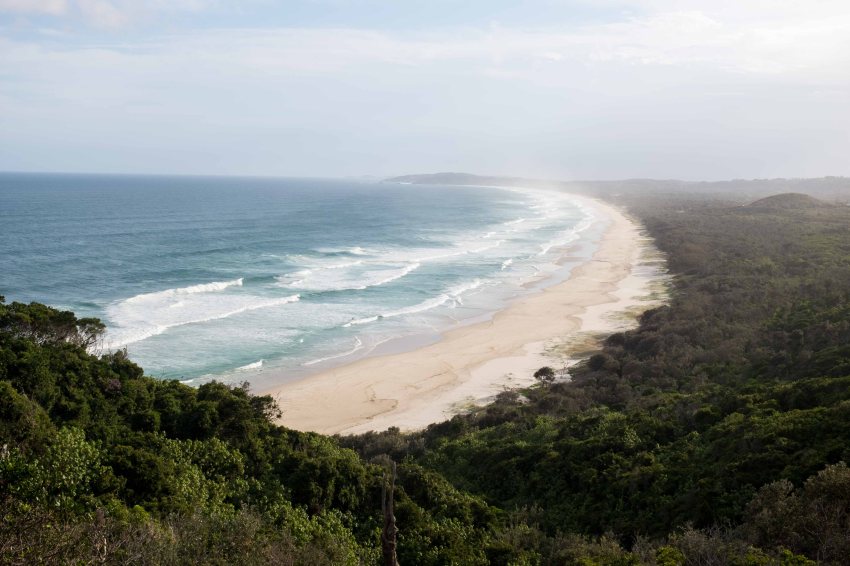
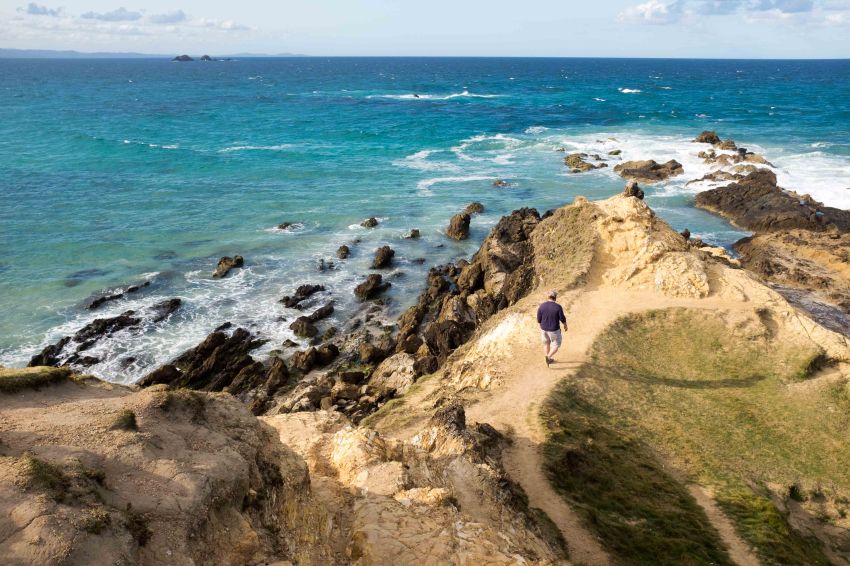

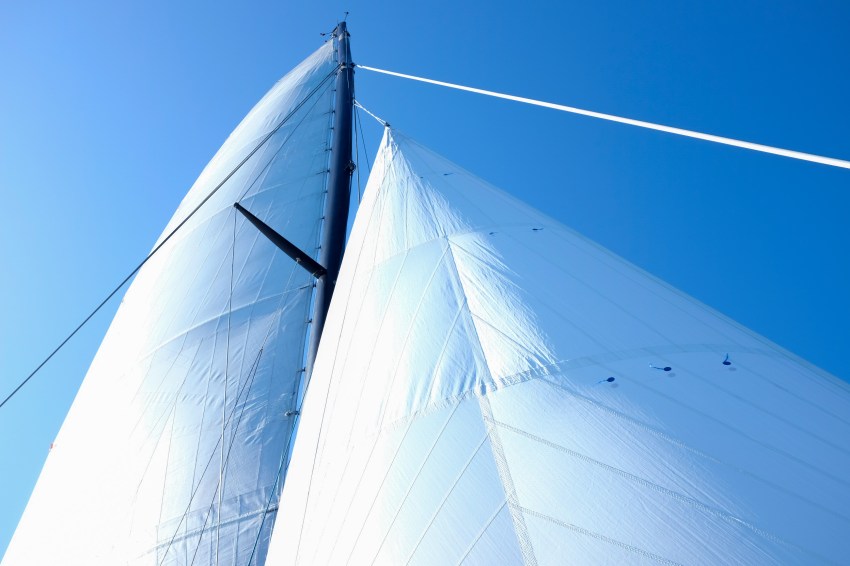
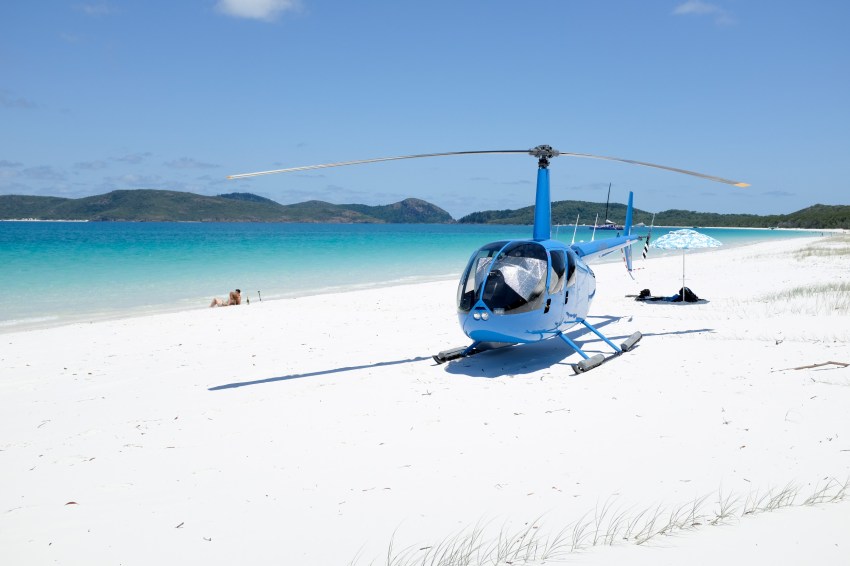
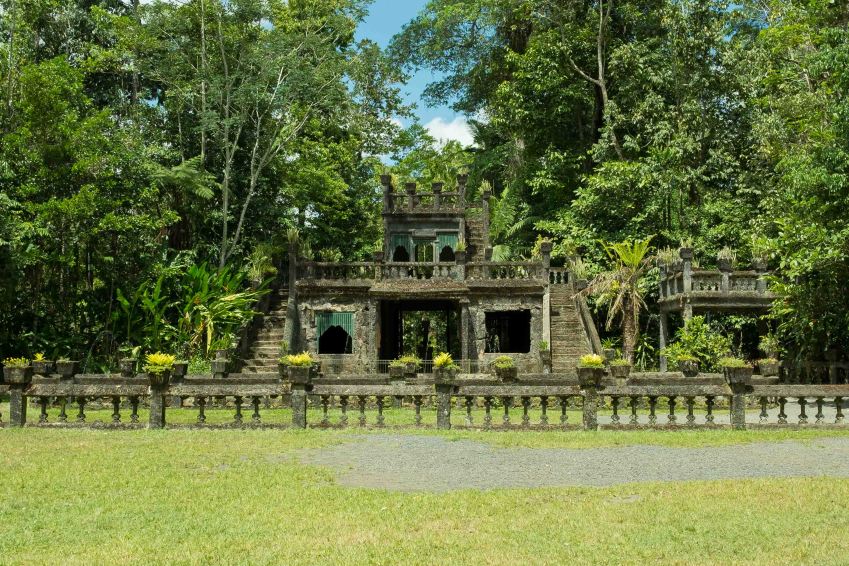
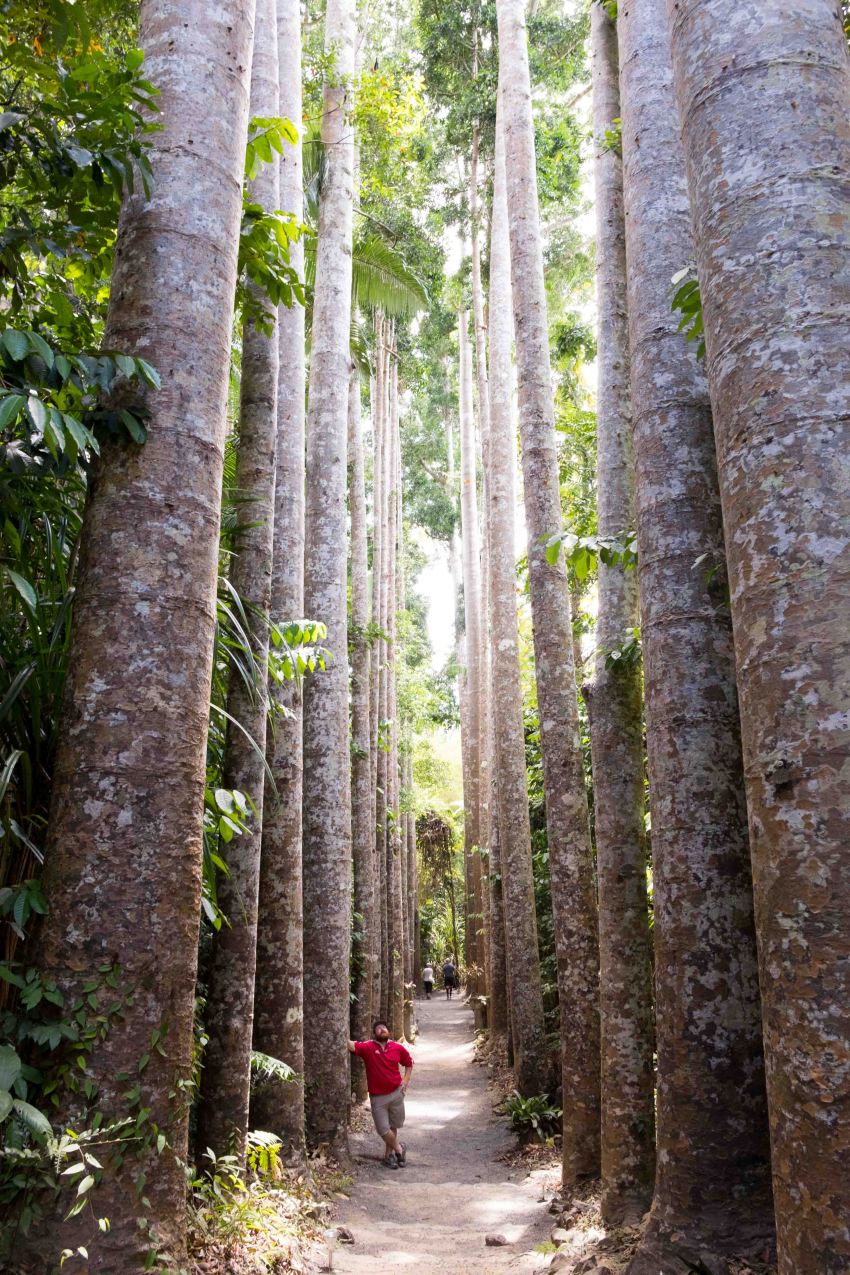
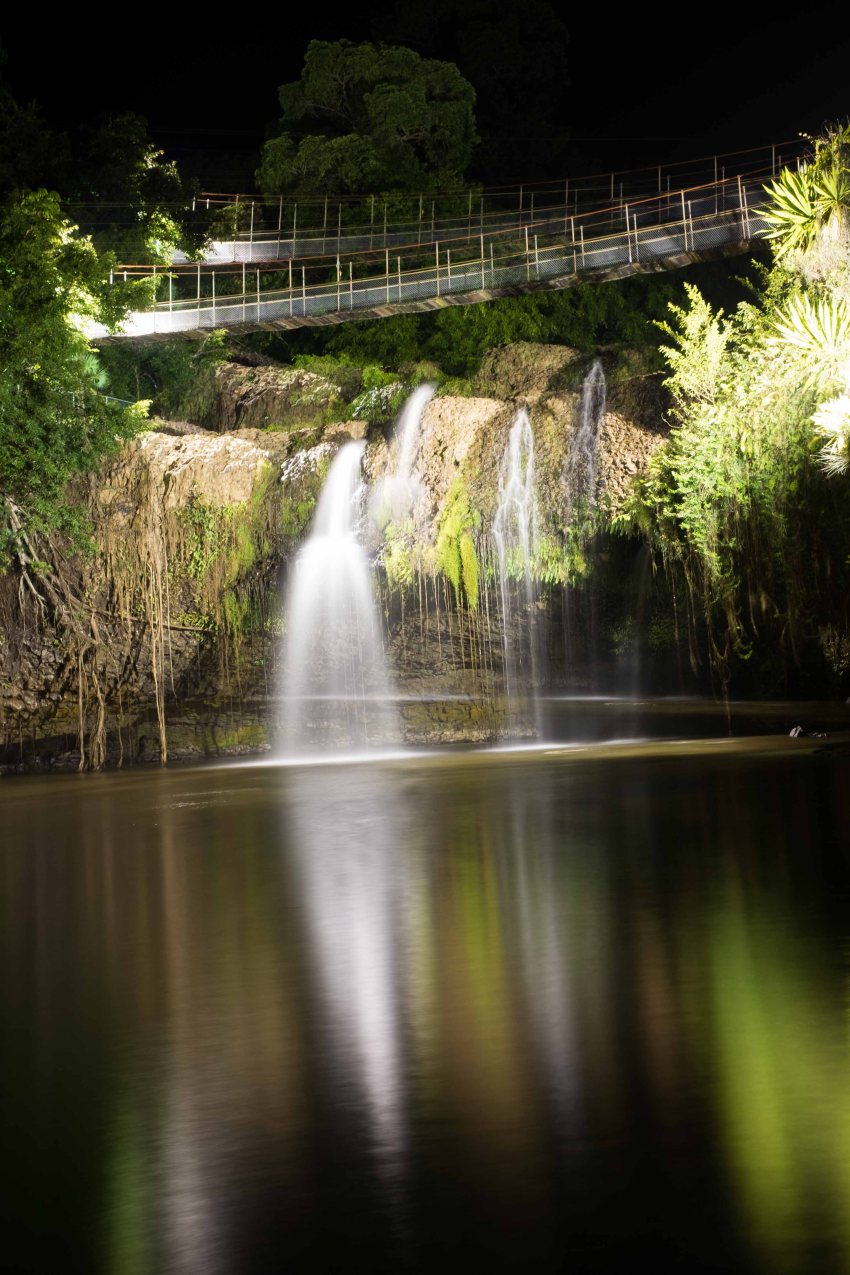
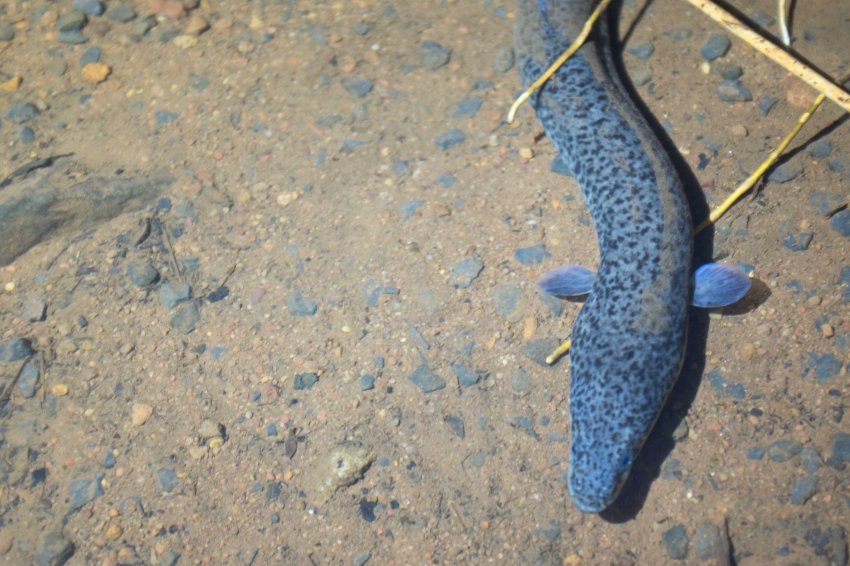
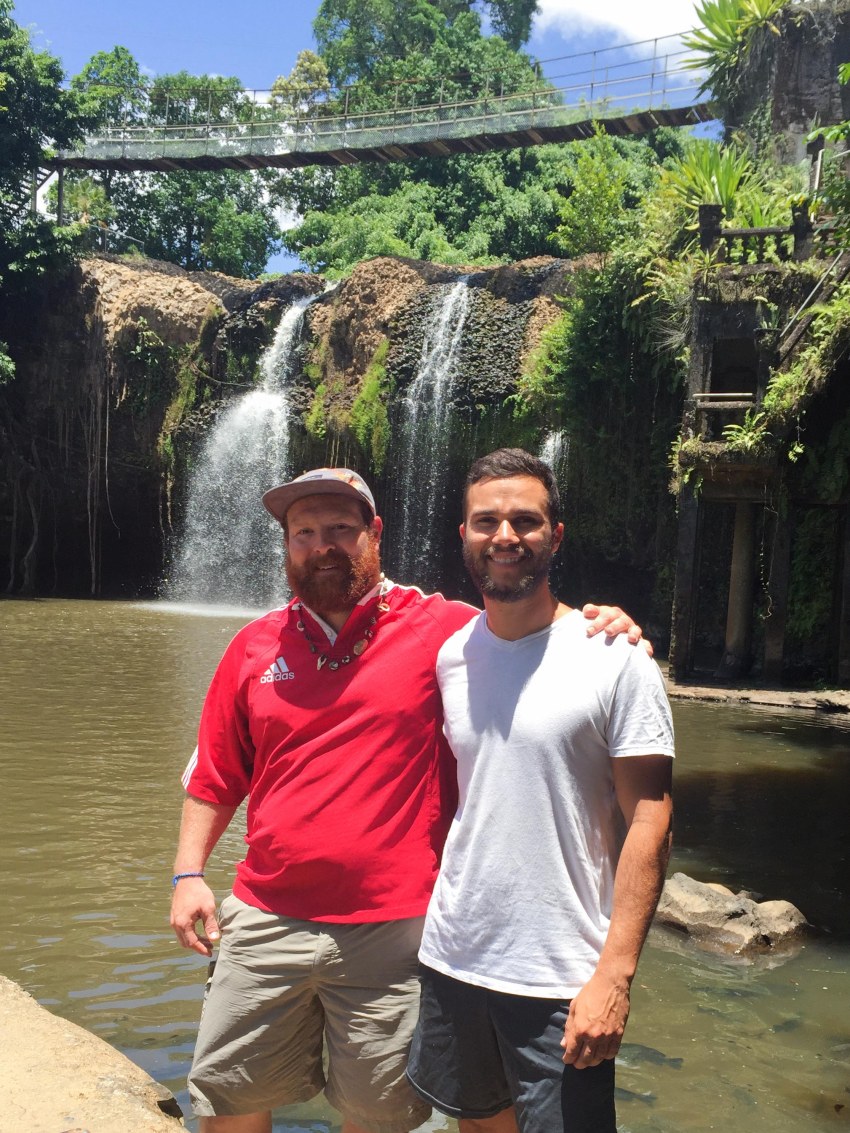
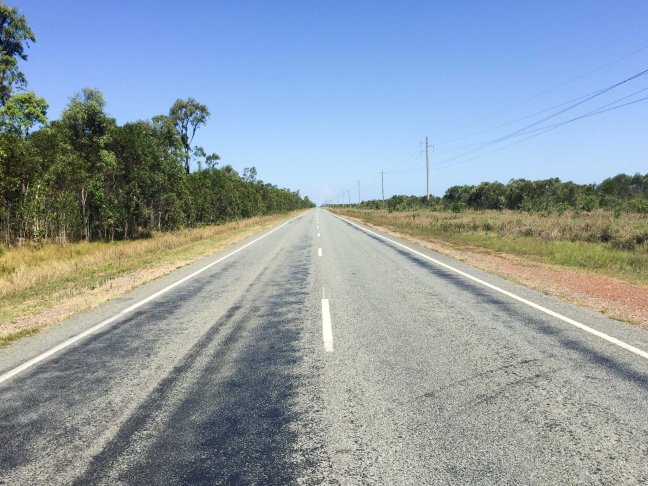
Dearest Nick, WOW, I love this newest “Blog”, of your travels. All of them are well thought out and wonderful to read. You are helping us all experience your travels as our own. Very sweet and impressive Dear. You and your Dad, brother Harry, sister Chelsea have all been diving, and I have not. I have always wondered how magical the under world must be. I have been snorkeling, and loved seeing all the colorful, bella fish, and of course, hearing the soft muted sounds of the ocean, but, I knew going deeper would be much more beautiful. Your description helped me feel the beauty, thank you. Like life, diving must be fun and exhilarating, but a bit scary…..after all, you did encounter some big, scary fish!! I saw a shark one time snorkeling with your Dad, and became so scared, I swam away screaming for my life, and nearly became his dinner, LOL! I knooooo, you have heard that story a few times, ha! Your traveling Chef friend sounds like a lovely guy! Happy you enjoyed the time and “BBQ” with him! And, happy to not worry if you are eating enough, ha! Well, keep up the good work of documenting and sharing your travels Dear One. Again, we are all enjoying them and we are proud of you. Stay safe and healthy Honey.
Love Always, Mom
LikeLiked by 1 person
Nick: this is wonderful. Norma and I feel like we’re there with you.
All the best,
Gary
PS: let me know if and when you’ll be in Borneo. I have a friend from there who has some ideas for you.
Sent from myMail for iOS
Friday, December 16, 2016, 7:41 AM -0800 from comment-reply@wordpress.com : >glimpseofawanderlustmind posted: “I see a turn-off, a dirt road. It’s been miles and miles since we’ve passed any lights, any indication that anyone else is driving this stretch of earth except for us. Any indication that there is anyone on this earth except for us. I pull off onto the” >
LikeLike
Nick, I love reading about your adventures. Australia has always been in my bucket list. Now, if I can just convince Uncle Carmen to put it on his😊 Keep the journals coming. Merry Christmas to you🎄Love, Aunt Brenda
LikeLike
Hi Nick, What a wonderful adventure ! We’re so happy for you. Thank you for the special post card, you always remember us. We will certainly follow your adventure. Happy Holidays……Love..Grandma & Grandpa
LikeLiked by 1 person